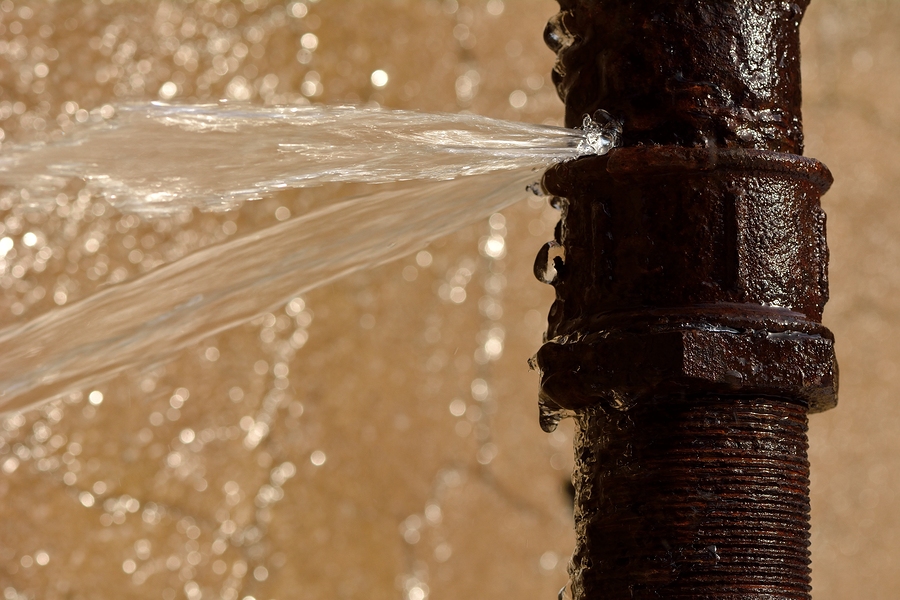
Water leaks are problematic for several reasons. Part of the problem is that you cannot see most of the pipework in your home so you do not always know that there is a leak or how to go about preventing water leaks. An undetected leak can mean water damage to your home and unwanted growth of mold.
If you want to protect your home from leaks, do regular inspections in areas where leaks are likely to develop. Keeping on top of the problem before it starts can save you a lot of hassle and keep your home free of water damage.
Following are some of the main problems to look for when you go through your home and that, if properly repaired, can be a useful measure in preventing water leaks.
1. Broken Seals
If you are noticing condensation on or near any of your appliances, you may have broken seals. When appliances are installed there are seals put around all the water connectors. Your dishwasher will also have seals on the door. When appliances start to get older the seals may break or wear out and they will need to be replaced.
2. Clogged Lines
Sometimes a clogged drain is only a minor inconvenience but if you end up with a serious clog, it can lead to overflowing or burst pipes. You can have some serious water damage if there are obstructions in handler drain pans or in your gutters. To avoid damage, it is important to keep your gutters and HVAC system clean.
3. Corrosion
Pipes can rust as they age and corrosion can eat away at them. If there is discoloration on your pipes or if they appear to be warping, you should call your plumber to assess the damage. You may need newer pipes if you have an old plumbing system that has started to corrode.
4. Damaged Pipe Joints
Over time, the joints where pipes connect can deteriorate and start to cause leaks. If you hear ticking and banging in the pipes, especially when you run hot water, your pipe joints may be under too much pressure. Again, you will want to have a plumber evaluate the situation before any major damage occurs. This is one of the most common areas where you can go about preventing water leaks.
5. Excess Water Pressure
It may feel nice to have a shower under high water pressure but extreme or uneven pressure can put a strain on your pipes. Most pipes and faucets are meant to withstand a certain amount of pressure and anything over that could cause leaking issues. A professional can measure your pressure for you if you feel it may be a concern.
6. Intruding Tree Roots
Believe it or not, some water leaks can start outside the home. If tree roots intrude on the water lines moisture can seep out into the yard. If you see wet patches or sink holes in your yard or notice a sudden drop in the water pressure you may want to have a plumber check for intrusion, especially if there are trees growing near your home.
7. Loose Water Connectors
If you have a hose or a pipe that supplies your appliances with water come loose, it can cause a leak. Water connectors can become loose due to shifting. It is possible that a washing machine hose could spring a leak due to shaking from the spin cycle. If you notice water running directly from a supply line or there are puddles around the appliance, check for a connector leak.
8. Rapid Temperature Changes
Pipes will expand and contract when there are extreme temperatures. This could cause the pipes to crack, especially if they freeze.
If you have noticed that you have a higher water bill than usual, a change in water flow, a musty smell, or other signs of a leak, Real Seal professionals can help you diagnose and solve the problem. If you notice your plumbing is not performing the way it should and are interested in preventing water leaks, it is important to have it taken care of quickly so that you avoid any excess water damage to your home.







